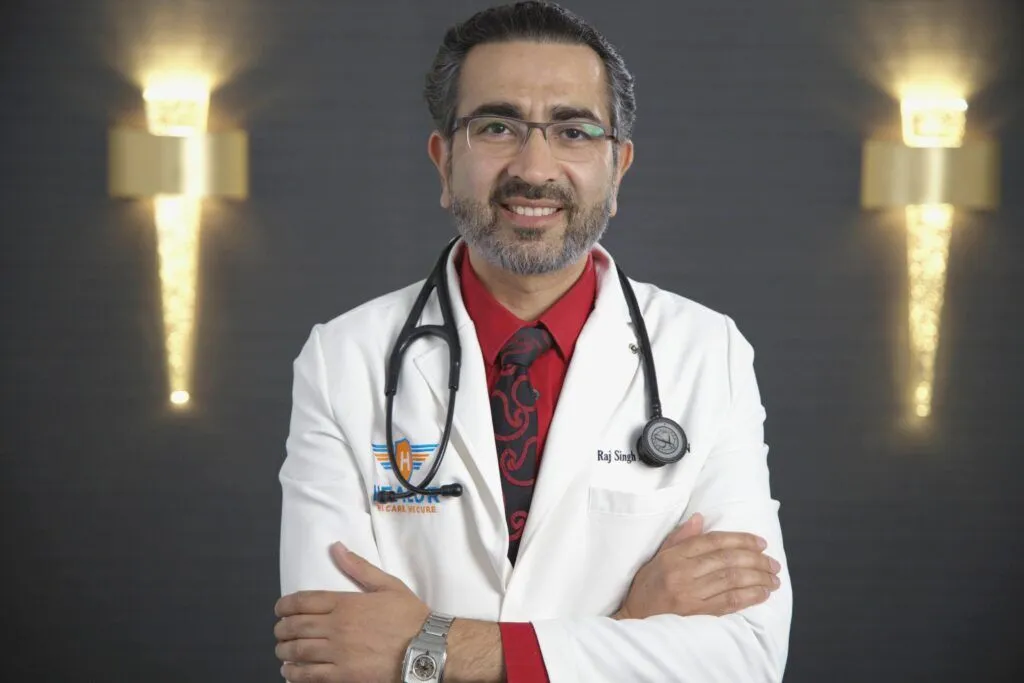
Hair Loss in Men: A Guide on Prevention and Treatment
Hair loss in men is a prevalent problem since 85% of men have thinning hair by the time they turn 50 years old. Many men may even start to lose their hair before they hit 21 years old, even though it may not be that noticeable then. Alopecia, or hair loss, doesn’t occur due to any medical issue, but it is common to worry about how it affects your looks. There are plenty of hair loss prevention treatments that you can seek to tackle the issue.
What Causes It?
To tackle the issue of hair loss in men, you have to understand why it happens. Almost all of the hair loss in men occurs due to ‘male-pattern baldness.’ This is a genetic trait that comes from a man’s parents. Hair loss from this condition doesn’t reverse on its own.
Some medication, excess of vitamin A, or low protein levels can also cause it. Stress or illness can also lead to heavy and sudden shedding, known as telogen effluvium. Hair loss from such reasons can be reversed.
Hair Loss Prevention
There are some hair loss prevention tips that you can incorporate in your daily life to prevent hair loss in men. They include:
Better diet
Healthier eating habits will lead to fuller hair. Lean protein from fish and lean meats, nuts, seeds, soy, and healthy fats can give your hair the necessary nutrients to stay healthy. Even some spices, such as cinnamon, can help revitalize your hair.
Stay hydrated
25% of the hair follicles are made of water and become weak when dehydrated.
Take your vitamins
Vitamin deficiency is a primary reason for balding. Maintaining balanced levels of vitamins A, B, C, D, and E can help you maintain healthy hair.
Avoid tight hairstyles
Tight hairstyles like man buns can put tension on the hair follicles, which causes them to weaken.
Manage stress
Stress is one of the most common contributors to hair loss in men. High levels can cause many different hair loss conditions such as trichotillomania, telogen effluvium, and alopecia areata. Daily exercise, meditating, and deep breathing can help deal with falling and thinning hair.
Limit smoking and drinking
Several studies have discovered links between drinking or smoking and hair loss in men. It can prevent blood flow to the hair follicles, cause dehydration, and result in nutritional deficiencies.
Regular exercise
Exercise will increase overall good health and circulation, which can encourage better hair growth. It is also a stress reliever, and relieving stress is another great method of hair loss prevention.
Get a supplement from a doctor
There are many supplements in the market that claim to help with hair loss prevention. However, it is better to talk to your doctor about which supplement brand is suitable, effective, and safe. Some supplements such as ashwagandha, horny goat etc may even accelerate male pattern baldness.
Diagnosis of Hair Loss in Men
The most important thing to remember is that it is easier to hang on to the hair you have as opposed to growing new hair. However, while exploring your options, it is vital to stay away from sham hair loss treatments like ‘miracle’ products. It is better to seek the help of a doctor in such cases.
The doctor will ask about your medical and family history. They also give physical exams and prescribe any of the following tests to help them make a diagnosis:
- Blood tests can help uncover any underlying medical conditions that may be contributing to hair loss in men.
- A pull test is where the doctor gently pulls a dozen hairs to see how they come out of the scalp. This can help the doctor narrow down the stage of the shedding process.
- A scalp biopsy helps to determine whether there is an infection that is causing the hair loss. The doctor will scrape some of the skin and pluck a few hairs from the scalp to properly examine the roots.
- Light microscopy helps to uncover any possible disorders in the shaft of the hair. The doctor will have special instruments that help to examine the hair when it’s trimmed at the base.
Hair Loss Treatments
There are plenty of effective hair loss treatments that you can take to curb hair loss in men. You can slow down thinning or even reverse hair loss completely with some of the treatments below.
Medication
There are some medications that can help you treat any underlying disease that is resulting in hair loss. Doctors can provide you with drugs like prednisone to suppress the immune system and reduce inflammation. Some medications can also cause hair loss, and the doctor can suggest that you stop using it for at least three months to curb the hair loss you are experiencing.
There is also some medication that you can take to slow down male-pattern baldness. Minoxidil is an over the counter hair loss treatment, which has been approved by the FDA. It comes in foam or liquid form, and you will have to apply it to your scalp on a daily basis. It can slow down the extent of hair loss and even help grow some new hair on the scalp. To see any real change and prevent hair loss in men in the future, you will have to use the medication for at least six months.
Another medication that can help handle hair loss is called Finasteride. This prescription drug is taken daily as a pill. It can help slow down hair loss in men and can even result in the growth of new hair. You will have to keep taking the pill for a long time to make sure you retain the benefits. It doesn’t work as well for men over the age of 60 years and may have some rare side effects such as loss of sexual function or drive.
At HEALOR, we will often use custom formulations of hair drops with minoxidil, azelaic acid, finasteride, vitamin E and other ingredients that are available by prescription only and have been researched extensively to improve new hair growth and prevent ongoing hair loss.
Platelet-Rich Plasma (PRP)
Platelet-Rich Plasma (PRP) for hair loss in men is a three-step medical hair loss treatment. The blood of the person is drawn and processed before it is injected back into the scalp to enhance hair health. The increased blood supply to the hair follicles in the scalp can increase the thickness of the hair shaft. This reduces hair breakage and loss. It is often supplemented with other hair loss treatments and medications.
Hair Transplant
Hair transplant procedures are permanent hair loss treatment. The surgeon will remove small patches of skin at the back of the head and implant the hair follicles to the bald sections in front. You may have to take some medication along with it.
If you have a hair loss problem, there are plenty of hair loss treatments you can try. There is no need to live with the insecurities that may stem from it, as there are treatments that can be availed to deal with this very common issue.
At HEALOR™, Dr. Raj Singh MD, FACP, FASN is an expert at managing hair loss and regular travels to train others in the art and science of hair loss treatments.




